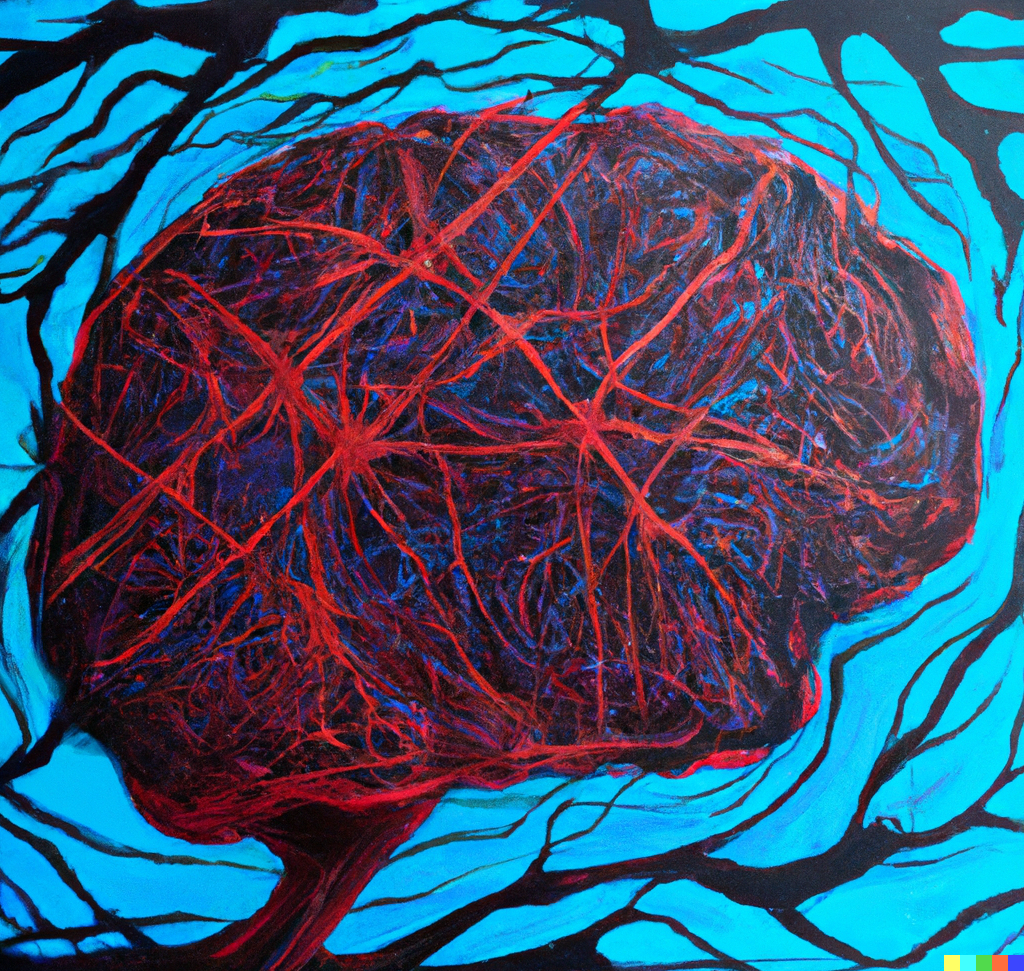English
DOI:
https://doi.org/10.5617/nmi.9950Emneord (Nøkkelord):
NeuroAI, Artificial Intelligence, Brain Sciences, NeuroscienceSammendrag
At an energy consumption of merely 20 watts, the brain is able to learn, perceive its surroundings, analyze solutions, predict the future and choose actions in a much more general way than any computer algorithm and infrastructure. NeuroAI, an emerging field at the intersection of brain sciences and artificial intelligence, is expected to become a large research field in the years to come. The main promise of NeuroAI is that by understanding how the brain and biological neural networks compute, it will be possible to identify the key components of human intelligence in order to drive the development of a more energy-efficient and flexible artificial intelligence (AI) that will match, perhaps even surpass, human intelligence. NeuroAI is a truly multidisciplinary effort, spanning across several disciplines such as computer science, neuroscience, psychology, philosophy, linguistics, law and ethics. Norway has unique world-class expertise in brain sciences, and a fast growing, well-organized AI community at the highest international level. In this opinion article, we argue that Norway has competitive advantages within NeuroAI, and that Norway has the ideal ecosystem to take a leading role in NeuroAI initiatives in Europe. Norwegian investments in NeuroAI may be a strategic initiative to position Norway in the forefront of AI research worldwide.
Nedlastinger
Publisert
Versjoner
- 2022-12-16 (3)
- 2022-11-28 (2)
- 2022-11-28 (1)
Utgave
Seksjon
Lisens
Opphavsrett 2022 Nordic Machine Intelligence

Dette verket er lisensiert under Creative Commons Attribution 4.0 International License.






